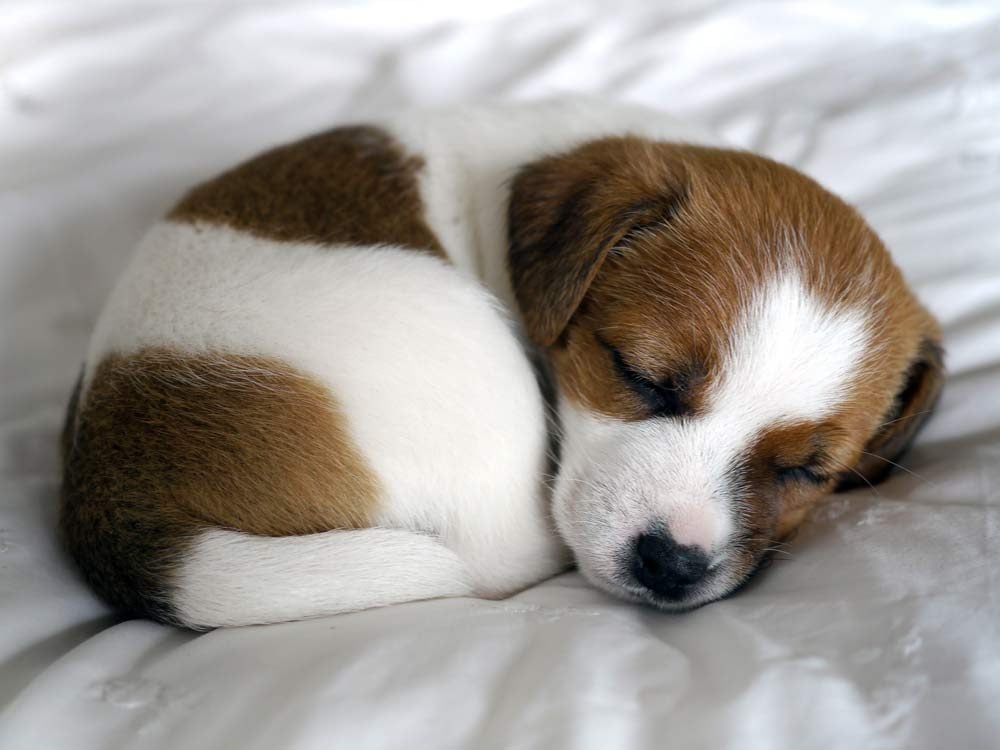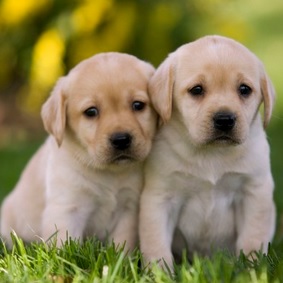The Ultimate Guide To Pets: Stricter rules on puppy and kitten sales begin - BBC News

Puppy - Dog Food - iVet for Dummies
Juvenile dog A puppy is a juvenile canine. Some young puppies can weigh 11. 5 kg (1-3 pound), while bigger ones can weigh as much as 711 kg (15-23 pound). All healthy young puppies grow rapidly after birth. A pup's coat color may alter as the pup grows older, as is frequently seen in breeds such as the Yorkshire Terrier.

5 Signs You're Ready for a Puppy - Dogtopia

The Ultimate Puppy Checklist: Everything You Need For Your New Pup - Pumpkin®
Advancement Born after an average of 63 days of gestation, pups emerge in an amnion that is bitten off and eaten by the mom dog. Pups start to nurse almost instantly. If View Details goes beyond six puppies, particularly if several are obvious runts, human intervention in hand-feeding the stronger puppies is required to guarantee that the runts get proper nutrition and attention from the mother.

The mom might spit up partially digested food for the young puppies or may let them eat some of her solid food. The mother generally declines to nurse at this stage, though she may let them occasionally nurse for comfort. At initially, young puppies invest the large majority of their time sleeping and the rest feeding.
Young puppies are born with a totally practical sense of odor. They are unable to open their eyes. Throughout their first 2 weeks, a puppy's senses all establish rapidly. During this stage the nose is the main sense organ utilized by puppies to discover their mom's teats, and to find their littermates, if they become separated by a short range.
The Greatest Guide To View All Puppies for Sale - Puppy Buddy
Initially, their retinas are improperly developed and their vision is bad. Pups are not able to see as well as adult pets. In addition, puppies' ears stay sealed up until about thirteen to seventeen days after birth, after which they react more actively to sounds. Between two and 4 weeks old, puppies usually start to growl, bite, wag their tails, and bark.
Their coordination and strength enhance, they spar with their littermates, and begin to explore the world outside the nest. They play fumbling, chase, supremacy, and tug-of-war games. Pups are extremely social animals and invest the majority of their waking hours communicating with either their mother or littermates. When pups are mingled with human beings, particularly in between the ages of eight and twelve weeks, they establish social skills around people.
